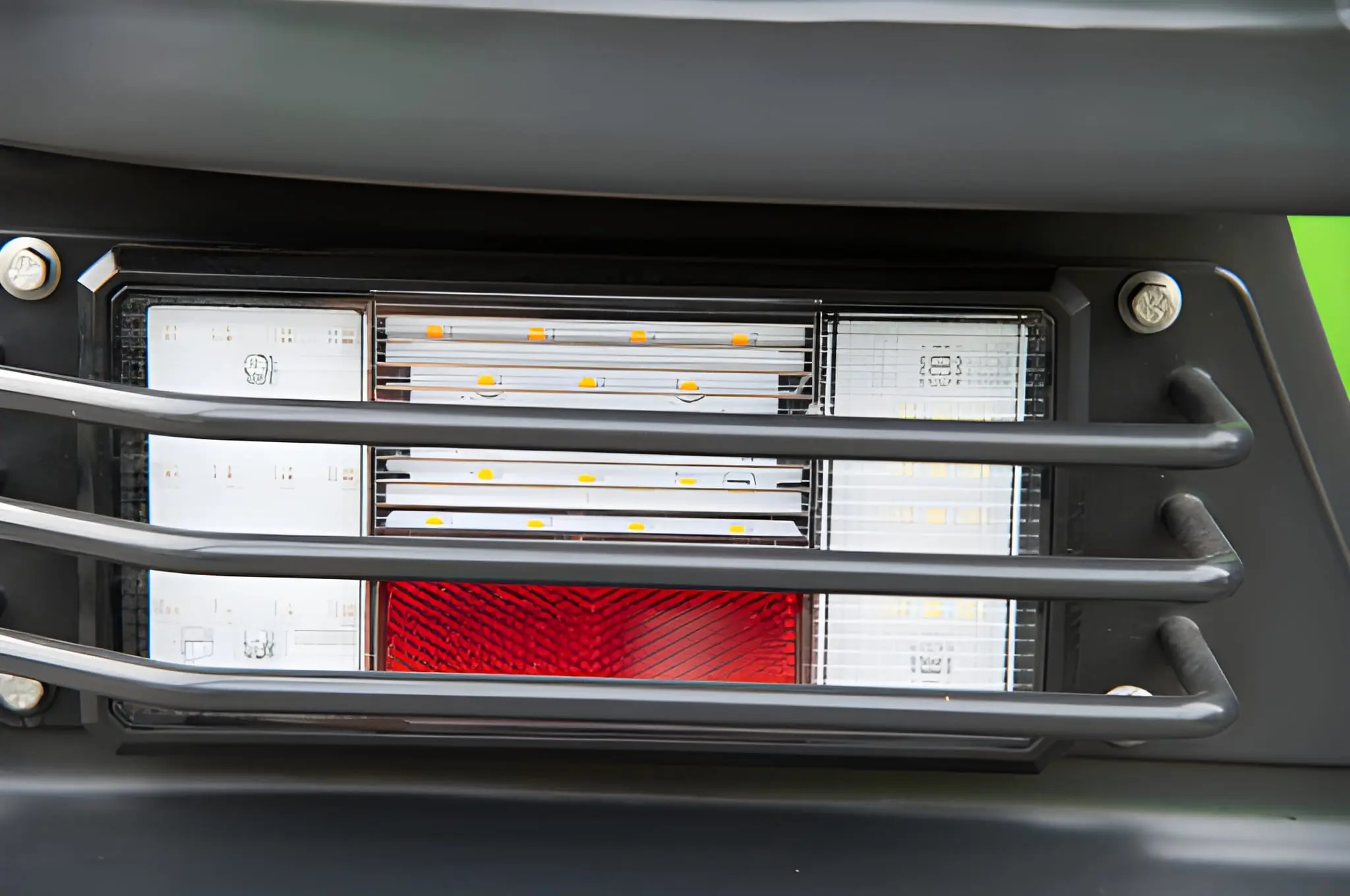How Reliable Electrical Supply Chains Power Modern Infrastructure
The Backbone of Every Project: Supply Chains for Electrical Equipment
Reliable electrical supply chains form the backbone of modern infrastructure, ensuring that projects stay on schedule and systems function without disruption. From power plants and transmission lines to residential wiring and commercial facilities, the availability of quality electrical equipment directly impacts efficiency and safety. Delays or shortages can stall construction, raise costs, and compromise reliability, making trusted suppliers essential partners in every project. By delivering compliant, durable components on time, strong supply chains not only keep operations running smoothly but also support the growth of industries and communities that depend on consistent, reliable access to electricity.
Why Supplier Relationships Matter
The strength of supplier relationships is crucial for preventing costly disruptions and ensuring seamless operations. Partnering with trusted suppliers who value communication, transparency, and adaptability significantly reduces the risk of project delays caused by stockouts or non-compliance with regulations. Supply chain issues are a primary driver of delays in construction projects, making reliable vendors who deliver compliant products promptly and understand industry codes highly valuable. Suppliers specializing in critical infrastructure, like lineman supply and transmission equipment, provide essential support, training, and field education, which are increasingly crucial in procurement decisions. This collaborative dynamic fosters mutual trust and promotes long-term project continuity, moving beyond simple transactional exchanges.
Innovations That Are Changing the Game
Technological innovations are transforming the electrical supply chain with digital platforms, RFID, and AI, improving real-time tracking, reducing waste, preventing theft, and boosting responsiveness for faster, more agile multi-site projects. Industry emphasizes digital solutions for efficient scaling. The supply chain also prioritizes sustainability, with environmentally friendly materials like recyclable cables and energy-efficient lighting increasingly standard, especially to combat waste from construction and demolition.
Sustainability Takes Center Stage
Organizations that build sustainability into their supply strategies benefit from lower disposal costs, future-proofed infrastructure, and enhanced stakeholder trust. Emphasizing eco-friendly materials is no longer a sideshow—it’s a business imperative and often a regulatory necessity.
Quality Assurance: An Ongoing Challenge
Price alone should never dictate supplier selection. Material certifications, third-party quality assessments, and detailed traceability protocols are crucial safeguards. Projects that skimp on vetting and due diligence risk faulty installations, jobsite hazards, or replacing substandard components—risks that can quickly balloon costs and introduce legal liabilities. Consistent supplier performance can be maintained through regular audits and up-to-date documentation.
Adapting to Fluctuating Market Conditions
The global nature of today’s supply chains means they are exposed to varied pressures—geopolitical shocks, climate events, and health crises can disrupt the flow of materials at a moment’s notice. Experts advise diversifying supplier portfolios and building redundancy into procurement strategies, such as maintaining buffer stock and securing backup vendors, to weather unpredictability. Proactive risk management ensures that projects can proceed with minimal delay even if one supply line is compromised.
Workforce and Skill Development in Supply Chains
Advanced automation and material innovation only deliver value if managed by skilled professionals. Ongoing education—spanning compliance requirements, the latest safety protocols, and hands-on logistics training—empowers field teams and procurement specialists to adapt confidently. Suppliers who invest in client education, support, and troubleshooting provide an additional layer of value that can be critical for long-term success in complex or high-stakes projects.
The Future of Electrical Supply Chains: Flexibility and Transparency
As electrical supply networks become increasingly interconnected, demands grow for greater transparency, traceability, and responsiveness. Buyers now expect instant access to documentation, ethical sourcing disclosures, and granular tracking from order to delivery. Moving forward, the industry is poised to embrace not only just-in-time logistics but also future-ready, resilient sourcing models that can flex and adapt as standards, technologies, and expectations continue to evolve.
Also Read-50 Kg: Complete Guide With Real-Life Examples & Surprising Facts!

